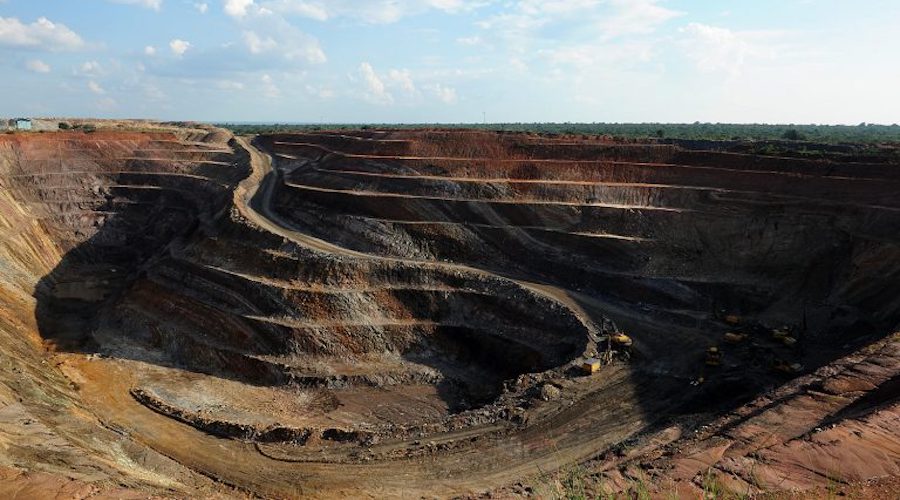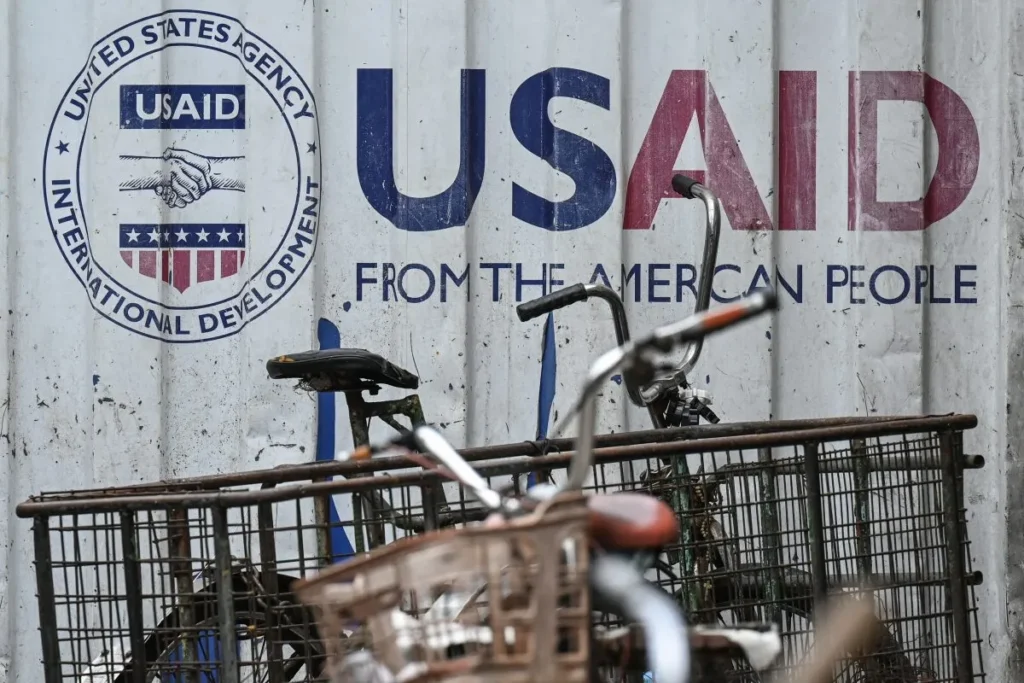
In a significant development for Nigeria’s oil sector, the Dangote Petroleum Refinery, built by Africa’s richest man, Aliko Dangote, received its first crude oil shipment of one million barrels on Friday. This marks a crucial step towards commencing operations at the massive refinery, which is expected to be a game-changer for Nigeria’s economy.
The refinery, with a capacity of 650,000 barrels per day, is poised to end Nigeria’s dependence on imported fuel and significantly improve its energy security. Currently, despite being one of Africa’s largest oil producers and the continent’s top economy, Nigeria relies heavily on imported gasoline and diesel due to limited refining capacity. This dependency has placed a significant strain on the country’s foreign exchange reserves.
However, the Dangote refinery aims to reverse this trend. By refining crude oil domestically, the country can potentially meet 100% of its requirement for petrol, diesel, kerosene, and aviation jet fuel, with surplus for export. The plant, spread across 6,500 acres in the Lekki Free Zone, represents a $19 billion investment and is a testament to Nigeria’s potential in the global oil market.
Although initially slated to open in 2021, the refinery officially inaugurated by former President Muhammadu Buhari earlier this year faced delays in commencing operations. The initial run will focus on producing diesel and aviation fuel before transitioning to petrol output.
President Bola Ahmed Tinubu, who took office in May this year, has implemented significant economic reforms, including the removal of fuel subsidies and the floating of the naira currency. These measures aim to attract foreign investment and promote long-term economic growth. Recognizing the potential challenges of these reforms, President Tinubu has urged Nigerians to be patient as the initial impact may induce temporary increases in fuel prices and the cost of living.
The launch of the Dangote refinery represents a significant milestone for Nigeria’s energy sector and its aspirations towards self-sufficiency. As the country embarks on a new path of economic reform, the refinery’s success will be critical in ensuring a more stable and prosperous future for its citizens.




